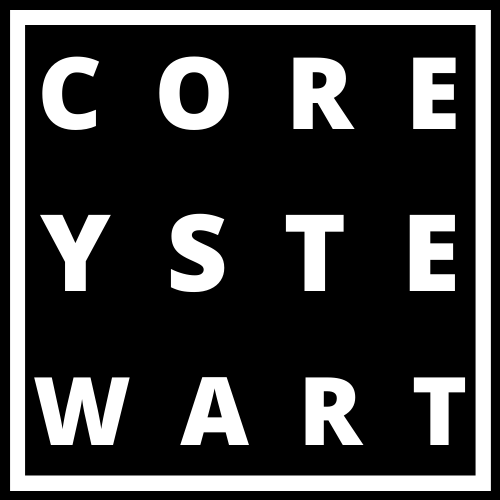Let me start this post by stating that what I’m about to say is only my personal opinion based on my years of experience as a performing songwriter/musician.
I’ve noticed a real increase in conversations on social media regarding the whole Originals vs Covers vs Tribute acts and I felt that I needed to share a view that I’ve held for a while now which forms part of the whole narrative.
It’s not designed as a means to solve a problem or issue but merely as a conversation starter. Anyway, the rant starts below…
I want to share with you one of my pet peeves but by doing so I might just be opening up a can of worms but here goes…
There’s one thing that bothers me about how songwriters describe their music.
It’s when they describe their music as “original” music or themselves as an “original” artist either in a live performance context or, (to a lesser degree) in general conversation.
Now, I understand where these songwriters are coming from, but let me explain why I think saying that your songs (or you as a songwriter/musician) are original may not be the best way to represent your work.
First of all, “original” isn’t a genre or type and when you describe you and/or your songs as such, you’re not really telling your audience anything about the style, sound, texture or vibe of what you do.
It’s a bit of a missed opportunity to really showcase what you and your music is all about.
Now, this is what I’ve seen happen many times. A performer on stage introduces their next song as an “original” song and immediately the audience lose interest, turn off and tune out removing any vibe that was created.
It’s almost as if the audience upon hearing the word “original” just assumes that what they’re about to hear is going to be amateurish at best or a pile of shit at worst and you can feel the collective eyes rolling in the crowd when the word “original” is mentioned.
It seems that nowadays people generally don’t want to take risks with their leisure time. We want guarantees, we want instant gratification in the shortest space of time and when it comes to live music, we want to hear, see and experience something that is familiar to us.
Cover bands and tribute acts serve this need for familiarity very nicely indeed.
Unless they are at a music venue that specifically exists for “original” music, the expectation from the audience is that they’ll be recognising the music they’re listening to and because of this, the term “original” then becomes a divisive and alienating word to that audience.
People generally don’t appreciate being told that they are about to experience something that’s going to challenge them in an environment that doesn’t require the audience to be challenged.
So, the next question is… What can we as songwriters do about this?
Well, in my time as a performing songwriter/musician who has played hundreds of gigs that are either 100% covers, 100% my songs or a hybrid mixture of covers and my songs, I’ve learned to never introduce myself as an original artist or my songs as original songs.
I just don’t say it… I continue playing as if nothing has happened. I play my music alongside the covers in my repertoire and just observe the audience’s reaction.
And guess what?
When someone asks me during a break or at the end of the gig if any song I performed was one of my own, and I confirm that it was, their appreciation for me and my music actually increases and we start engaging in a meaningful conversation which is pretty awesome and what I reckon live music is all about.
Touching, moving and inspiring your audience, one person at a time.
So, my fellow songwriters, here are a couple of tips that have worked for me and it’s my hope that they work for you too:
Firstly, when playing live, don’t introduce your song as an “original.” Instead, just share a little of what the song is about or alternatively, don’t say anything at all. Just get into it.
Secondly, when talking to people about your music and the gigs that you do, don’t say “I do originals” just mention the genres you write and perform in.
If you want to be a bit more general, say you perform a mix of your own songs and some covers and if you really must emphasise that you’re a songwriter, simply say that you’re a songwriter that’ll do the trick.
What are your thoughts on this? Have I opened up the can of worms? Do you agree or have a different perspective? I’d love to hear your insights and experiences, so feel free to let me know what they are.
And let’s not forget, almost all music is inspired by something or someone else, so can we truly claim our work is “original” in the strictest sense?
Peace,
Corey 🙂


